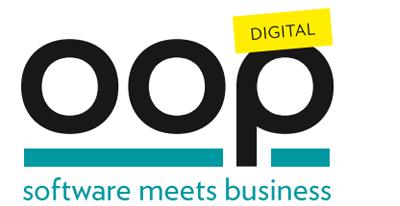Please note:
On this page you will only see the English-language presentations of the conference. You can find all conference sessions, including the German speaking ones, here.
The times given in the conference program of OOP 2023 Digital correspond to Central European Time (CET).
By clicking on "VORTRAG MERKEN" within the lecture descriptions you can arrange your own schedule. You can view your schedule at any time using the icon in the upper right corner.
Thema: DDD
- Dienstag
07.02. - Mittwoch
08.02. - Donnerstag
09.02.
For a microservices architecture to be successful it is crucial to have the right boundaries between the microservices. But where are the right boundaries? We would like to present a tool that helps us answer this question.
Domain Storytelling is a collaborative modeling method. It brings together domain experts and development teams. We let our users tell us stories about their work. While listening, we record the stories using a pictographic language.
In this talk we show how to find…
This talk explains how Scenario Casting enables agile teams to pull together despite diverse ideas and concerns - in three iterative collaborative steps:
1. Find example scenarios of how ideas and concerns affect the domain - strictly in domain language! This provides an initial Scenario Backlog outlining the problem space.
2. Prioritize the Scenario Backlog and agree on scope.
3. Combine the top scenarios into coherent overarching Orientation Scenarios.
Let the agile teams focus on their parts…
Language defines the boundary to our world: it sets what we can describe and what we can’t. This talk describes how to formalize a ubiquitous language into a domain-specific language. The resulting language is used for communication and collaboration as well as used as a basis for generating code, tests, configs, etc. The talk is based on industry cases from various domains, such as banking and insurance, industry automation and automotive.
Target Audience: Developers, Subject Matter/Domain…

